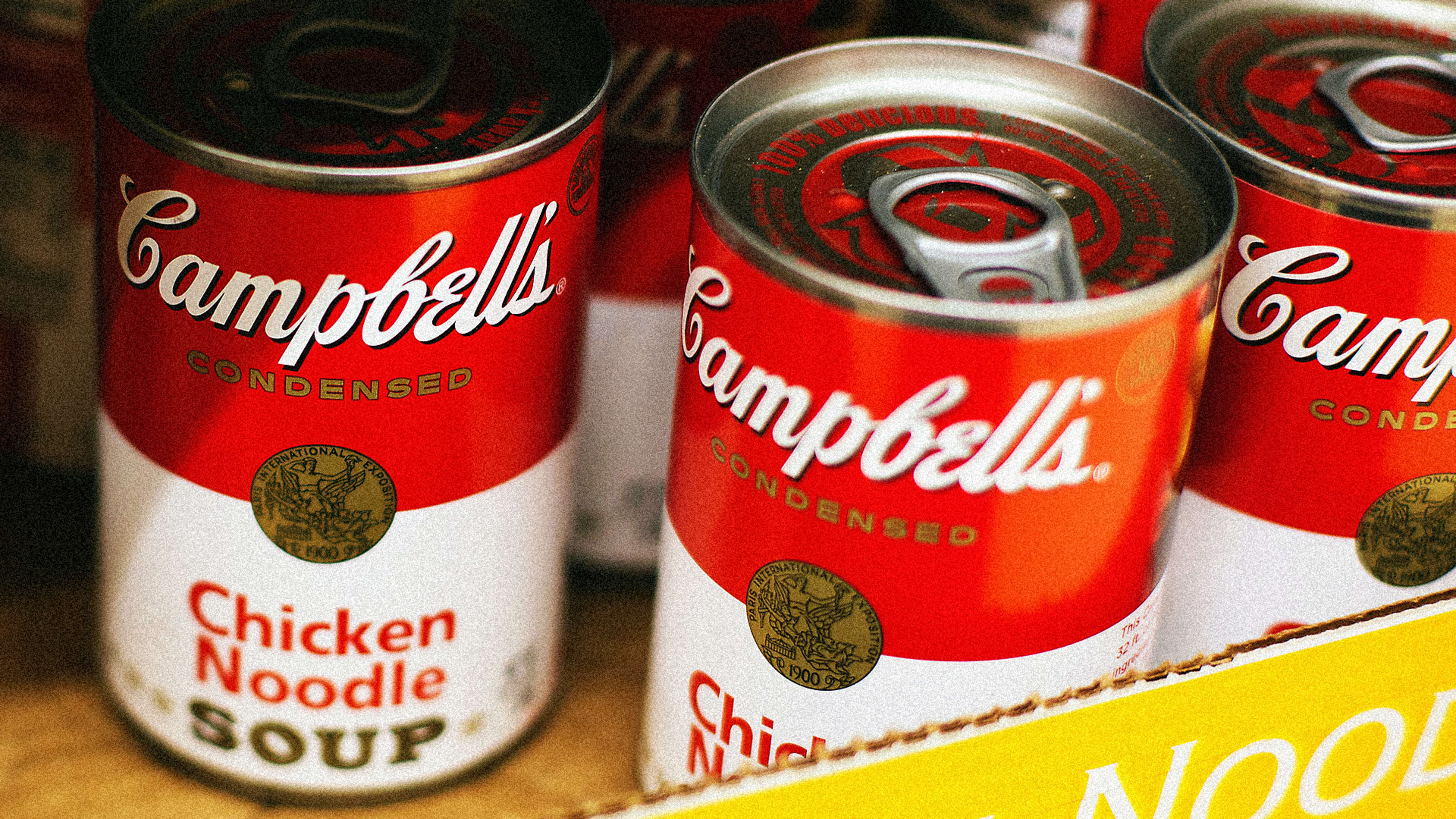You probably had that weird friend: surrounded by first-aid kits and canned food with an escape plan for that fateful day when “disaster strikes.” Now that we’re seven months into a pandemic, it’s easy to say that the “preppers” were right. Except they weren’t, because the fringe prepper movement—obsessed with gear and survivalism and apocalypses—makes all of us less safe.
Pre-COVID-19, many of us rolled our eyes at preppers; their apocalyptic fantasies too far-out and their efforts too extreme. In fact, as of last year, 60% of Americans said they didn’t have a disaster plan because they didn’t think it would happen to them. And then suddenly in March, grocery store shelves were empty, and even going out in public for essential needs carried an ominous sense of dread. Once disaster did strike, compounded by 2020’s record-breaking wildfires and weather events, our lack of preparedness was exposed. There is little question that Americans need to give more thought and attention to preparing their homes and families for the unexpected.
But in order for most American families to be prepared, the culture around readiness needs to change. Right now, it primarily comes in three forms. The first is the fear-based, every-person-for-themselves prepper instinct that drove even everyday Americans to hoard food and supplies at the beginning of the pandemic. The second is the government or nonprofit organizations stepping in and helping where they can once disaster strikes, and ineffectually advising that people get prepared “just in case.” The third is gear: prepackaged emergency bags and freeze-dried pad thai—we want to throw money at the problem and “get the thing” that might save our lives.
None of these approaches work. Making a safer home comes from pursuing manageable preparation and peace of mind, not being overwhelmed by fear or ordering supplies that you never take out of the box. Instead, we should think about emergency readiness like any wellness effort. We keep ourselves and our families safe and healthy through routine; we try to eat right, take vitamins, brush our teeth, get our cars serviced, exercise, get annual physicals.
These are habits we form because they make us feel better. I don’t want to die young, but that fear isn’t my main motivation to do my daily cardio and drink plenty of water. When I worked at Headspace, we helped people incorporate mental health into their daily wellness routine with quick, guided mindfulness exercises through their phone. Meditation, which used to be thought of as an all-consuming, somewhat fringe practice, is now a routine habit for millions because they could feel the ongoing reward for minimal daily effort.
This is how we should think about our homes, which are intimately tied to our well-being, and it’s why at my company, Harbor, we’re applying these same principles to guide families through customized, gamified emergency-readiness plans. It’s critical to normalize disaster preparation as a necessary but manageable category of routine maintenance, because the stereotypical prepper survivalism and long-term self-sufficiency has been largely dismissed as an extreme approach to anticipating disasters in 21st-century America.
After all, the modern prepper movement grew out of Cold War paranoia and a deep recession that never really delivered any truly postapocalyptic scenarios. The fear-based disaster fetishism of preppers is unmotivating, overwhelming, and paralyzing—if you have to think about a worst-case scenario to force yourself to make significant purchases or changes, you’ll probably try to avoid the whole exercise altogether. At the same time, there’s no magical retail solution; you may feel relieved to have that earthquake kit in your hall closet, but without an evacuation plan or important skills, you are no more prepared.
Just as we can’t train for a marathon in a weekend, we shouldn’t approach disaster-proofing our houses as a single, massive project—doing so will almost guarantee it doesn’t happen. Even small steps can make a big difference, such as stocking bottled water, changing your flashlight batteries (and knowing where the flashlights are), agreeing on an external meeting place with family members, programming key numbers into your phone. To put it another way: If you know your cholesterol level, you should also know where your water shut-off valve is. If you’re wearing a mask right now, you should also check your smoke detector batteries.
Because leaving aside huge disasters, things happen: The power goes out, pipes break, gas leaks. Being prepared and even a little informed can mean the difference between a dramatic ordeal and a moderate inconvenience. Panic makes any problem bigger, as we saw this past spring when our basest instincts for self-preservation led to shortages and price gouging of essential goods. But preparation brings peace of mind and confidence to minimize harm for yourself and others.
This is one reason a cultural shift around readiness is so important—community panic leads to hoarding, clogged exit routes, anger, and accidents. Just as public health depends on a social contract of preventive behavior, our ability to weather the unknowns to come depends on a shared understanding that readiness is as necessary and achievable as any routine effort to keep healthy and safe. It won’t happen in a day, but by more people practicing readiness—like you’d practice strength training or hygiene—we can get closer to a culture where being prepared is a positive expectation for all.
Dan Kessler is the CEO of Harbor, an emergency preparedness platform. A tech operator, entrepreneur, and wellness advocate, Kessler is passionate about the ways technology can help people form healthy habits and be better connected. Prior to Harbor, Kessler was the VP of business development and partnerships at Headspace, a company dedicated to improving health and happiness in the world through meditation.
Recognize your brand’s excellence by applying to this year’s Brands That Matter Awards before the early-rate deadline, May 3.
